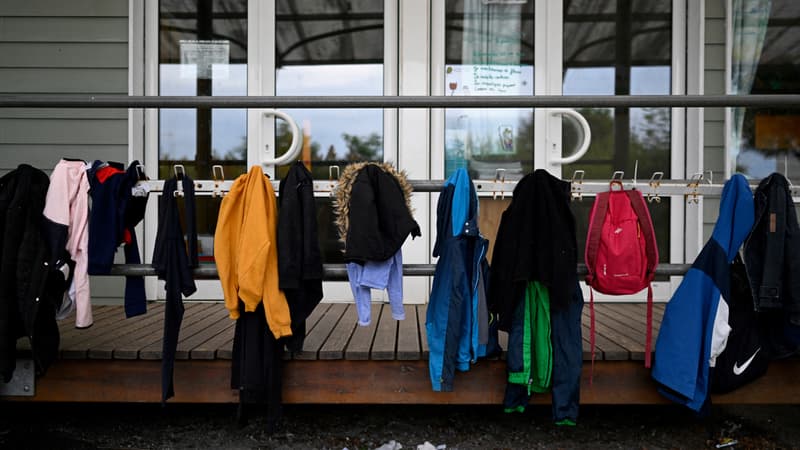Will UK pupils have to attend glove and coat classes next winter? This is a question that arises when UK schools are faced with unprecedented energy bills.
Rachael Warwick, who runs a group of three schools in the south of England, speaks of a “colossal” increase. In normal times, your budget for gas and electricity reaches 250,000 pounds (289,000 euros) per year. But the galloping rise in energy prices over the last year has raised the bill to 1.1 million pounds (about 1.27 million euros).
The UK is already plagued by double-digit inflation, the highest level of the G7 countries, and the situation threatens to worsen with the expected further rises in energy prices.
While households are protected by a price ceiling imposed by public authorities, which must however increase by 80% in October, nothing exists for companies and public establishments. From pubs to hospitals, the crisis affects all sectors.
Budgets set before the rise in energy prices
After two back-to-school terms burdened by the Covid-19 pandemic, school principals must now manage this new crisis, with budgets set before the war in Ukraine and sky-high energy prices. “From what I’ve heard from other schools, prices are going to double or triple at least,” worries Paul Gosling, headmaster of a primary school in Exmouth, southern England, and president of the NAHT school managers’ union.
Especially since the schools must also finance, without an additional contribution from the State, the 5% increase in the salaries of their employees, announced this summer by the government.
“Hard Choices”
As a result, managers around the world are looking for ways to save money. “These are tough decisions,” she laments, raising the possibility of increasing class sizes, canceling school trips or turning down the heat a degree or two.
Rachael Warwick plans to reduce energy consumption in her schools by “20 to 30%”, with “obvious” measures. “We’re going to turn down the heat, turn off the lights. We’re going to ask students and staff to dress warmer. But this doesn’t measure up to the savings we need to make,” he says.
An extended cap on utilities
Therefore, everyone appeals to the future Prime Minister who will be appointed on Monday. “All public services would need a maximum price”, as individuals, says Paul Gosling. He points, like other directors, to years of austerity in the financing of education.
“If the government doesn’t do anything, schools will try to balance their budget by cutting spending,” in particular by reducing their staff, such as educational assistants. “But it’s not good because it would penalize the education that children receive,” he said.
At the Ministry of Education, we say that we are “aware of the inflationary pressures facing schools.” The government has “increased its funding by £4bn this year” and also provided schools with recommendations on energy supply deals, he said in a statement.
In the campaign to appoint the future Prime Minister, the two finalists, Liz Truss and Rishi Sunak, promised to help schools with these additional costs. “We are in this situation because we have decided to support the Ukrainians. In doing this, of course there is a price to pay, but there is no reason for children to pay it,” says Steve Chalk.
Source: BFM TV


